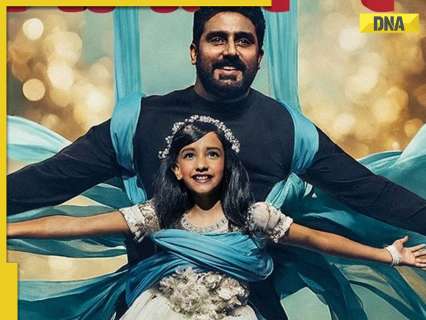Anthony Albanese with Seven West Media chair Kerry Stokes (Image: AAP/Lukas Coch) If you thought Nine’s television arm was a toxic workplace riddled with sexual harassment and bullying and the use of non-disclosure agreements (NDAs) to silence victims of powerful male predators, Four Corners ‘ Louise Milligan had a surprise for you yesterday: the Seven Network is a flaming bin fire where multiple predators and bullies have treated staff — usually women — with contempt, and done so while protected by the use of NDAs. To repeat a point made in relation to Nine, either you’re in the journalism business, or you use NDAs to silence victims of harassment, assault and bullying. You can’t do both.
Admittedly, it’s long been clear that Seven was no longer a credible journalistic outlet: its embrace of rapists and war criminals and its platforming of neo-Nazis and racists obliterated whatever small dribbles of public interest journalism leaked out by accident from its operations. Its primary output, journalistically speaking, has been to try to undermine the journalism of other outlets. But its documented use of NDAs to gag staff, and especially female victims of what is clearly a misogynistic culture of harassment and bullying, seals the deal: Seven has nothing to do with credible journalism.

‘Should have owned it’: Seven chief admits paying Lehrmann’s rent eroded trust Read More Any remaining journalists working at Seven have a pretty simple choice: they can demand that the network release all its victims of harassment and bullying from NDAs, or they can give up the idea they’re in journalism. If Seven is, as it claims, serious about fixing its culture, it will immediately, voluntarily, release victims from their NDAs. Anything else raises a real question about whether Seven should continue to hold commercial television broadcasting licences.
Many people continue to labour under the illusion there’s some sort of “fit and proper” test for television licence holders. Under the Broadcasting Services Act , which has regulated broadcasting since the early 1990s, there’s no such test. There are plenty of requirements for television licence holders, but the only relevant one is that licensees are subject to the condition that “the licensee will remain a suitable licensee”.
This is a (deliberately) vague and low hurdle, intended to prevent the broadcasting regulator from undertaking investigations into whether licence holders were “fit and proper”, as the old Broadcasting Tribunal had done with Kerry Packer and Alan Bond (Packer was, Bond wasn’t, until the Federal Court and the High Court ruled Bond could own companies that owned licences and his not being fit and proper didn’t matter). But even with such a low hurdle, the question is not so much whether the companies owning Seven are “suitable” as whether there’s any way in which they could plausibly be argued not to be unsuitable. A network that employs war criminals, lavishes spending on rapists, platforms racists, protects bullies and intimidates their victims is — if words are to have any meaning — “suitable” for nothing, and certainly not to hold a licence that grants access to publicly owned spectrum.
And that’s a key issue: unlike a newspaper, or an online media company, Seven operates using spectrum that is owned by Australian government and thus taxpayers. It only exists because it is allowed to use a publicly owned asset. Even with such a minimalist requirement as “suitable”, Seven shouldn’t be allowed to use a public asset as part of operations that undermine public interest journalism, immiserate its own staff and reward rapists and war criminals.
Who would be inconvenienced or harmed by Seven being shut down? Its remaining staff, certainly. Investors, to a degree, although Seven West Media’s share price is just 16 cents. But there’d be fewer media industry workplaces for predators and harassers.
And there’d be no impact on journalism. Is Seven fit to hold a TV licence? Let us know your thoughts by writing to [email protected].
au . Please include your full name to be considered for publication. We reserve the right to edit for length and clarity.
.



















